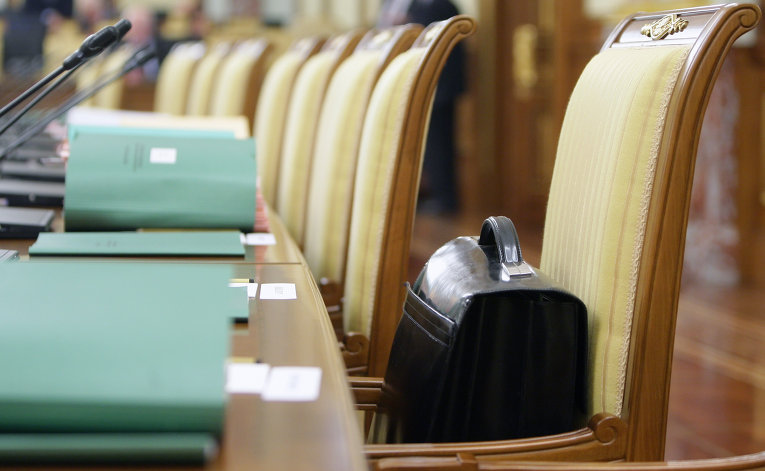MOSCOW, December 28 (RAPSI) – Russian President Vladimir Putin has signed a law mitigating punishment for extremism and incitement of hatred and enmity.
The Federation Council approved the document on December 21. The State Duma passed it on December 19.
Under the legislative initiative submitted by Putin in October, criminal punishment would be imposed for extremist acts in public, on the Internet or media committed repeatedly within a year. They would be punished with prison terms ranging from 2 to 5 years.
The first extremist violation is to be punishable in accordance with the Code of Administrative Offences by fines of up to 500,000 rubles ($7,500) for companies; and fines of up to 20,000 rubles, community service for up to 100 hours or detention for up to 15 days for individuals.
These cases are to be launched by prosecutors and reviewed by courts. Statute of limitations for administrative liability is to be set for one year, instead of three months as of now. If a person commits an extremist crime within a year after being brought to administrative liability, he or she faces criminal punishment.
Amendments don’t apply to cases committed by an organized group or with the use of violence, threats of violence or abuse of office. In these cases, criminal liability is immediate and punishment may reach up to 6 years.
In September, the Supreme Court of Russia in its Plenum resolution explained that courts considering extremism cases should proceed from a level of public danger and hazard mode.
The Criminal Code of Russia attracts a criminal sentence for incitement of enmity but not for reposts on social networks. If a publication is extremist, malice of the repost must be proven, the Supreme Court’s Judge Vladimir Davydov said during the Plenum’s session.
Russian Human Rights Commissioner Tatiana Moskalkova in turn stated that criminal sentence including imprisonment is disproportionately tough punishment for unintentional “likes” and reposts.



